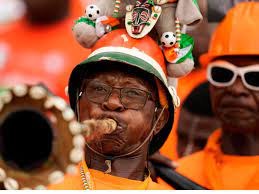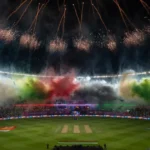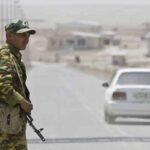Nigeria’s Abuja African dictators have long been among the most ardent supporters of sports.
The football team from Uganda, led by Idi Amin, sponsored a shopping trip to Libya following their 1976 East & Central African Championship victory. In order to prepare for the 2017 African Cup of Nations (AFCON), Ali Bongo brought Lionel Messi to Gabon.
Sport has been used all over the world as a diversion from or a unifying force among nations that are experiencing political and economic upheaval or dictatorship.
The ongoing AFCON in Ivory Coast is a microcosm of the role that football, in general, and the tournament, in particular, have played in African politics. In unstable West Africa, where there have been an average of two coups a year since 2020, the competition is a microcosm of this.
With a third of Africa set to vote in a few short months, football fans may be fixated on the pitch, but political commentators would be well to watch the tournament’s underlying social and political effects, uniting people behind their flags and leaders.
Under military rule, Guinea, Mali, and Burkina Faso are expected to postpone elections and prolong planned democratic transitions; Ghana is set to hold highly competitive elections in December, and George Weah, the iconic football player from Liberia, is stepping down from office after losing reelection in October. These nations’ quick victories on the field could benefit their governments in the long run.
Although elections were initially planned to take place in 11 of the 24 competing nations this year, it is still unclear how many of them will actually follow through on the electoral schedule.







